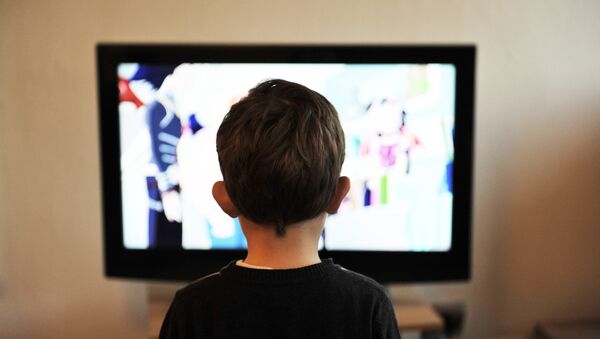"Early childhood is a period of rapid development and a time when family lifestyle patterns can be adapted to boost health gains," said WHO Director-General Dr. Tedros Adhanom Ghebreyesus in a Wednesday statement. The WHO didn't outline negative side effects associated with screen time, but noted that more physical activity (and thereby less screen time) is necessary for the overall well-being of kids.
Similarly, the American Academy of Pediatrics guidelines also recommend no screen time for children under the age of two, other than video chats like FaceTime, for example.
In addition, the WHO recommended that children between the ages of one and four spend at least three hours engaging in some form of physical activity every day, while infants under the age of one should also be physically active multiple times a day, "particularly through interactive floor-based play."
"For those not yet mobile, this includes at least 30 minutes in prone position (tummy time) spread throughout the day while awake," the report states.
According to the WHO, lack of physical activity is a risk factor for global mortality and is contributing to a rise in obesity.
"Estimates from 2012 indicate that not meeting current physical activity recommendations are responsible for more than 5 million deaths globally each year. Although we know that over 23 percent of adults and 80 percent of adolescents are not sufficiently physically active, there are currently no comparable data for younger children," the report states.
As a result, it's important to prevent childhood obesity and promote physical activity by bringing "back play for children," Dr. Juana Willumsen at WHO said in the statement. "This is about making the shift from sedentary time to playtime, while protecting sleep," she added.




